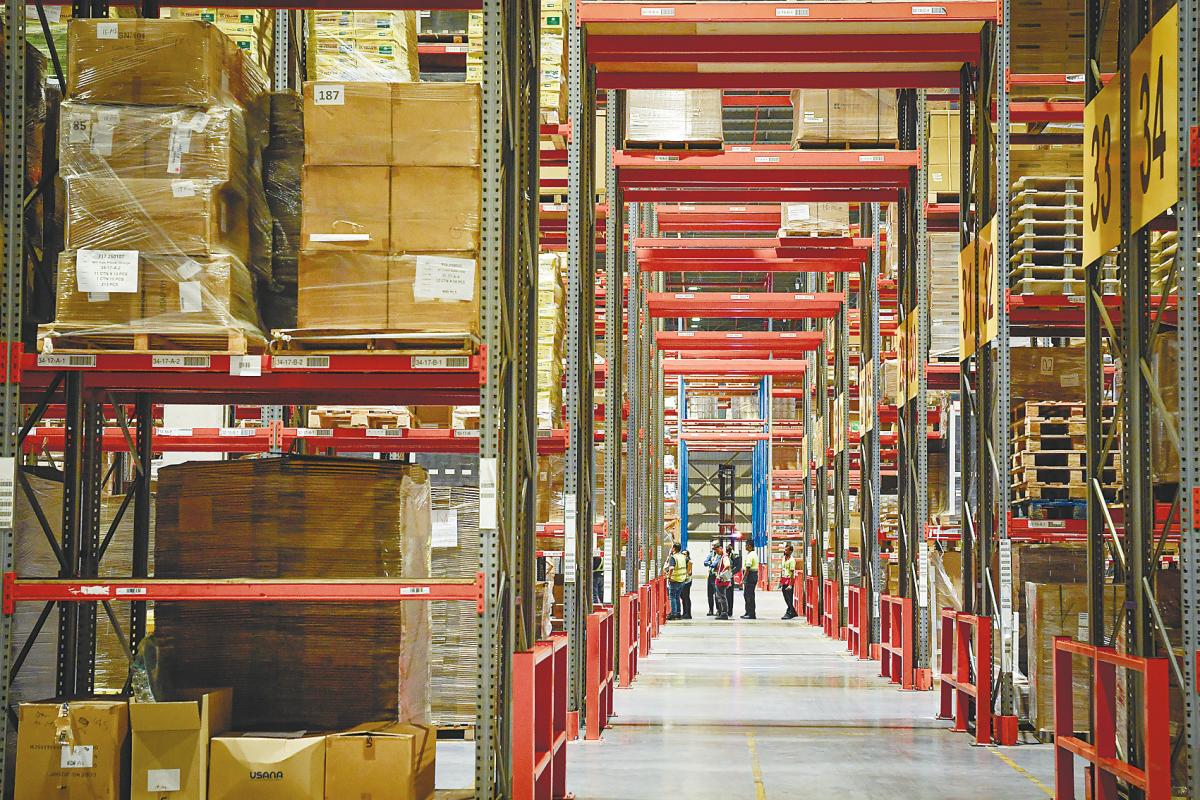KUALA LUMPUR: The Small and Medium Enterprises Association (Samenta) views the 25% tariff imposed by the US on Malaysian exports as a serious threat to the country’s trade competitiveness and industrial base, especially for export-oriented SMEs that form the backbone of the domestic manufacturing ecosystem.
Samenta national president Datuk William Ng said the new US tariff is the equivalent of an ‘economic earthquake’ for domestic SMEs that are significantly exposed to the US market.
He said Samenta has consistently pointed out that Malaysia’s headline economic growth often masks deeper structural weaknesses within the SME sector.
“The real paradox is our ability to register macro-level gains while most SMEs remain trapped in low-margin, low-scale operations – squeezed by rising costs, regulatory pressures, and now, geopolitical shocks.
“The imposition of US tariffs is a stark reminder of the urgent need to recalibrate our economic model to prioritise the long-term viability and competitiveness of our 1.5 million SMEs, with the creative and service economy at the heart of it,“ he said.
Ng stated that Samenta is fully committed to collaborating with the government to provide support to all SMEs, whether directly or indirectly impacted by the tariff.
“We acknowledge the government’s continued pursuit of a ‘balanced and mutually beneficial’ trade resolution with Washington, but we need urgent and coordinated action to cushion the impact on impacted SMEs.
“Samenta is hopeful that the government will expedite the roll-out of previously announced targeted support measures, particularly the RM1 billion increase in SJPP guarantees, RM500 million in soft loans via development financial institutions, and the RM50 million boost to Matrade.
“These initiatives must be delivered quickly and with minimal red tape,“ he said in a statement.
Ng said more importantly, these relief measures must be extended to domestic, non-exporting businesses.
The anticipated tailwinds from subdued exports and weaker domestic demand will affect the services sector in equal intensity, he said.
“In particular, we urge the government to pause all new and planned cost increases on SMEs, including the proposed rationalisation of petrol subsidy and incremental fees proposed by various agencies and local councils.
“As labour shortages remain one of the most pressing challenges, particularly in the services sector, we urge the government to urgently review and ease restrictions on the hiring of foreign workers in sectors such as food services, tourism, and logistics.
“With our export momentum set to face headwinds, supporting our service-based SMEs to absorb the slack will be crucial in maintaining our economic resilience,“ Ng said.









